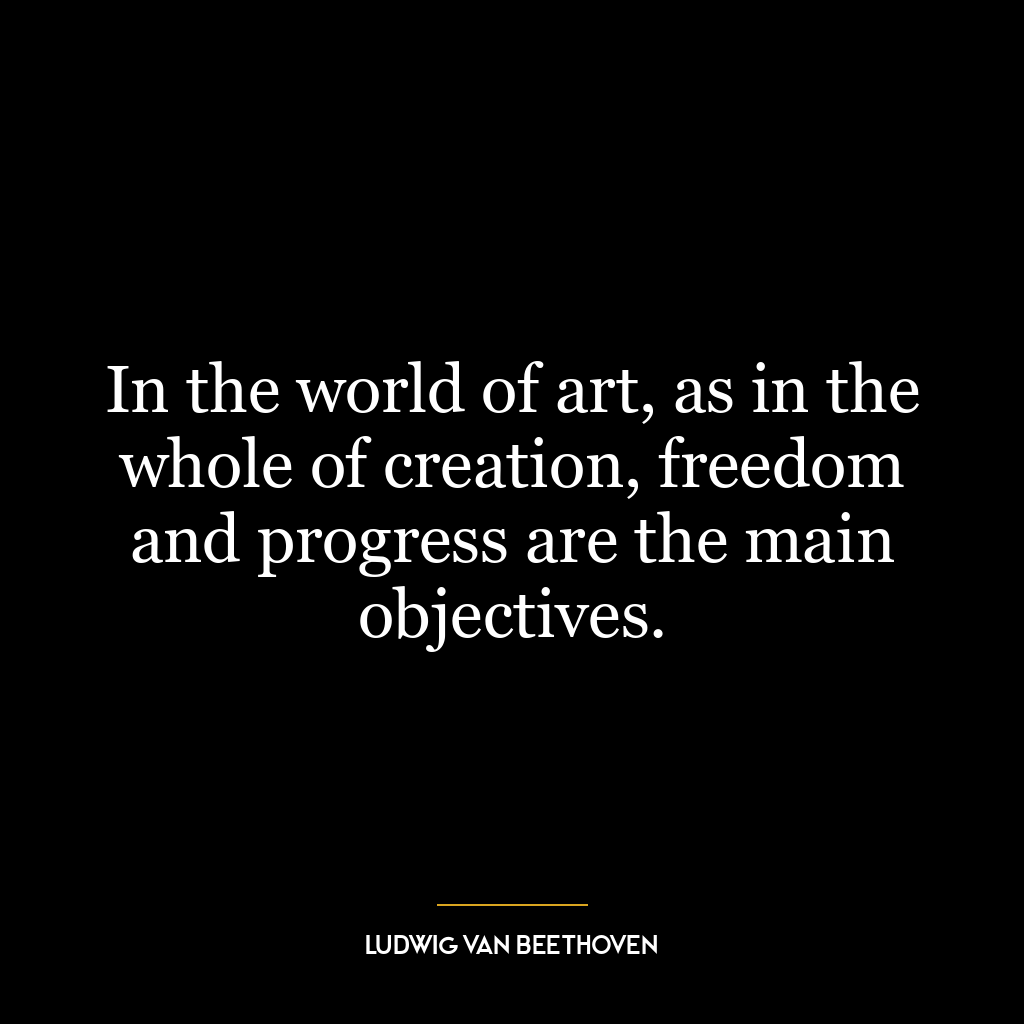This quote likens curiosity to a delicate plant, emphasizing its fragility and the specific conditions it needs to grow and thrive. Like a plant, curiosity requires stimulation, akin to sunlight or water, to fuel its growth. This stimulation could come in the form of new experiences, knowledge, or challenges that pique interest and provoke thought.
However, the quote also emphasizes that curiosity, like a plant, requires freedom. This suggests that curiosity cannot thrive under restrictive or oppressive conditions. It needs the freedom to explore, to question, to challenge, and to make connections. Without this freedom, curiosity can be stifled, just as a plant can wither without room to grow.
In the context of today’s world, this quote could be applied in various ways. In the field of education, for instance, it might suggest the importance of creating learning environments that stimulate students’ curiosity and give them the freedom to explore their own interests and ideas. It could also be a critique of standardized testing and rigid curricula, which can often limit students’ intellectual freedom and stifle their curiosity.
In terms of personal development, this quote might serve as a reminder to remain open-minded and to seek out new experiences and knowledge. It could also be a call to resist the constraints of societal expectations or norms that can limit our curiosity and hinder our growth. Furthermore, it underscores the importance of nurturing our own curiosity and the curiosities of those around us, by creating environments that stimulate thought and allow for exploration and expression.









